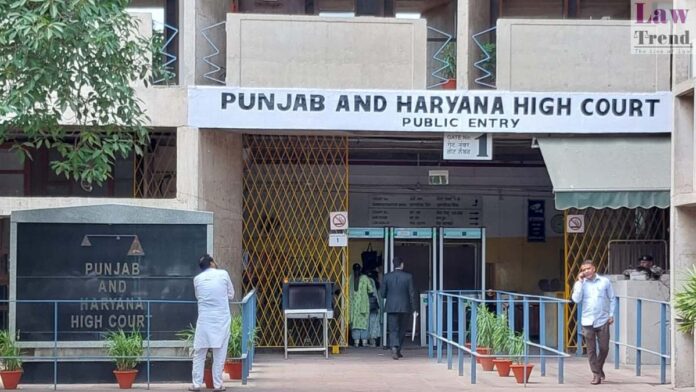In a significant verdict, the Punjab and Haryana High Court has clarified that the dependents of a soldier, who dies from an accidental discharge of his own firearm, are entitled to both ex gratia compensation and compassionate employment if the soldier is deemed a war casualty. The court has directed the Haryana government to provide these benefits within two months.
The petition was filed by Pushplata, a resident of Jind, who informed the High Court that her husband had been recruited into the army in 2001. He was on sentry duty at the Sitni firing range in Nagotra, Jammu and Kashmir in 2006 when he was fatally injured due to an accidental gunshot from his own weapon.
This incident was classified as a wartime casualty, and based on this, the Armed Forces Tribunal in 2017 deemed the petitioner eligible for a liberalized family pension. Subsequently, Pushplata applied to the Haryana government for an ex gratia payment and compassionate employment. However, her claim was initially rejected on the grounds that such benefits are reserved for soldiers killed during active operations.
In its ruling, the High Court emphasized that the interpretation of beneficial provisions should be meaningful and generous to fulfill their intended purpose rather than to deprive beneficiaries. It highlighted the severe realities faced by soldiers stationed in insurgency-prone areas where their lives are constantly at risk.
The court expressed bafflement at the logic stretched to illogical extremes in denying benefits to soldiers, stating that the circumstances of a weapon’s accidental discharge in a hostile environment significantly differ from similar incidents in peaceful areas.
Also Read
Recognizing that the death of Pushplata’s husband had been officially declared a war casualty, the court affirmed that she is entitled to the claimed benefits.




